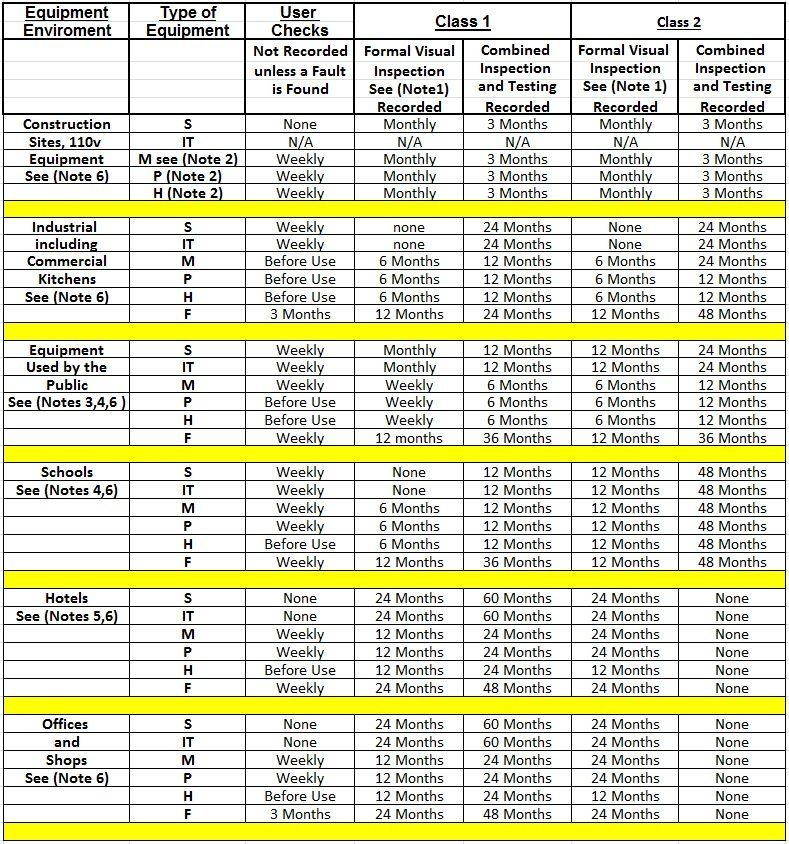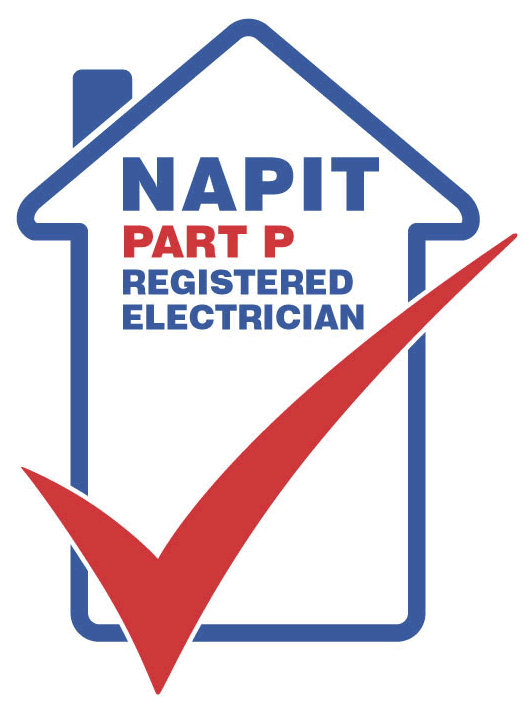West Midlands Fire Service: we attended 630 accidental fires caused by faulty electrical equipment in the home, most of which was caused by overloading sockets and faulty, misused & overheated appliances.
Wiltshire Fire & Rescue Service:
234 house fires were caused by faulty or misused appliances.
Northamptonshire Fire & Rescue Service:
223 house fires were caused by electrical equipment.
South Wales Fire & Rescue Service:
163 house fires were caused by electrical faults.
Cambridgeshire Fire & Rescue Service:
174 house fires were caused by faulty appliances.
Surrey Fire & Rescue Service says:
260 house fires were caused by electrical faults.
West Sussex Fire & Rescue Service:
122 fires were caused by electrical appliances.
According to The Health & Safety Executives they suggest you regularly visually inspect and carry out electrical tests on all your electrical items. This includes items like kettles, computers, extension leads, fans, fax machine, and any other electrical device (not only Portable appliances). The reason you should have these checks and tests done is because electrical cables, enclosures, plugs, switches, socket-outlets and other equipment can get worn over time and so it is important to get them checked on a regular basis and have results recorded in compliance with the Electricity at Work Regulations 1989, which states that your electrical items should be maintained so that they are safe.
How does this affect you?
If following an accident the HSE investigation uncovers you have not had your electrical appliances checked and tested correctly and in accordance with the Health & Safety Act 1974 and the Electricity at Work Regulations 1989, they may hold YOU responsible for the accident or fatality.
Many companies have been taken to court following an accident or allegations of this nature and as the necessary P.A.T. tests have not been done. These companies have been prosecuted and fined thousands of pounds in compensation and legal expenses (examples on HSE website)
How can you stop this happening?
It is recommended that you have all your electrical appliances tested by a professional company to ensure compliance with the Health & Safety Act 1974 and the Electricity at Work Regulations 1989 and ensure you, your staff and your customers are kept safe and not at risk of injury or death.
What is Portable Appliance Testing (P.A.T)
Portable Appliance Testing is a series of checks and tests carried out on all your electrical appliances (not only portable) ensuring they are in a safe condition and fit for their purpose as recommended by the Health & Safety Act 1974 and the Electricity at Work Regulations 1989. The results of these checks and tests are all recorded in one P.A.T. report and sent to the client whilst a second copy kept on file for a minimum of 5 years.
Having a P.A.T Test done consists of the following…
Visual examination
The visual inspection searches for any damage to plugs, leads and/or the appliance itself. The plug is checked to ensure it is wired correctly and that the fuse is of correct rating.
Electrical Test
The electrical test is where the appliance is connected to a P.A.T. testing machine which carries out a series of tests which ensure there is no dangerous faults internally (invisible to the eye).
Certification
Each of your tested devices is given a small label (see below). This label informs you, your staff and customers that the item has passed or failed its important P.A.T. electrical safety test, and is safe/unsafe to use.
How often should Portable Appliance Tests be carried out?
In accordance with the Health & Safety Act 1974 and the Electricity at Work Regulations 1989 P.A.T. testing should be done at frequent intervals to ensure all appliances are maintained in a safe condition and are not breaking down. These test frequencies should be done in accordance with the below table…



